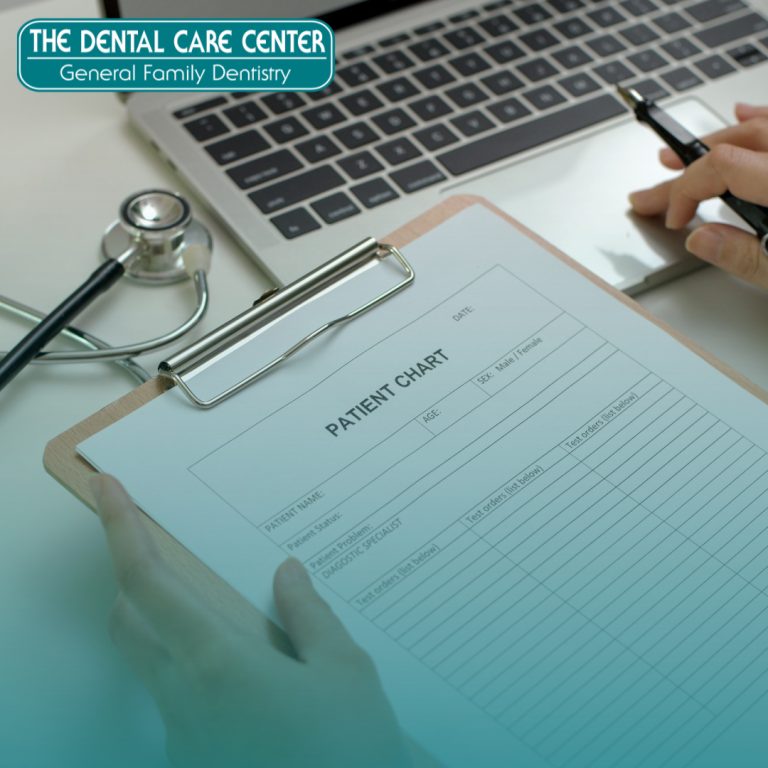
Understanding the Importance of Medical Clearance for Dental Visits:
Medical clearance for dental procedures serves as a vital precautionary measure to ensure the safety and well-being of patients, particularly those with underlying medical conditions or taking certain medications. Let’s explore why medical clearance is necessary and how it helps safeguard patients during dental visits.
Risk Assessment and Safety:
Certain medical conditions and medications can potentially increase the risk of complications during dental procedures. For example, patients using a CPAP machine for sleep apnea may have specific respiratory needs that need to be addressed during treatment. Similarly, individuals taking anticoagulants (blood thinners) may be at higher risk of bleeding during oral surgery or invasive dental procedures. By obtaining medical clearance, dentists can assess these risks and take appropriate precautions to ensure patient safety.
Communication and Collaboration:
Obtaining medical clearance involves open communication and collaboration between the dentist, the patient, and their healthcare provider. Dentists may need to consult with the patient’s primary care physician or specialist to gather relevant medical information and discuss any potential concerns or contraindications. This collaborative approach helps ensure that all healthcare providers are aware of the patient’s medical status and can coordinate care effectively.
Identification of Pre-existing Conditions:
Medical clearance allows dentists to identify and address any preexisting medical conditions that may impact dental treatment. For example, individuals taking bisphosphonates (medications commonly used to treat osteoporosis) may be at risk of developing osteonecrosis of the jaw, a rare but serious condition that can complicate dental procedures. By obtaining medical clearance, dentists can assess the patient’s risk factors and tailor treatment accordingly to minimize potential complications.
Patient Safety and Peace of Mind:
Ultimately, medical clearance provides both patients and dentists with peace of mind knowing that appropriate precautions have been taken to ensure safety during dental procedures. Patients can feel confident that their dental care is being tailored to their individual medical needs, while dentists can proceed with confidence knowing that they have obtained necessary medical information and clearance to proceed.
Medical clearance for dental visits plays a crucial role in assessing risks, facilitating communication between healthcare providers, identifying pre-existing conditions, and ensuring patient safety. By prioritizing medical clearance; dentists can provide optimal care while minimizing potential complications, ultimately enhancing the overall dental experience for patients.